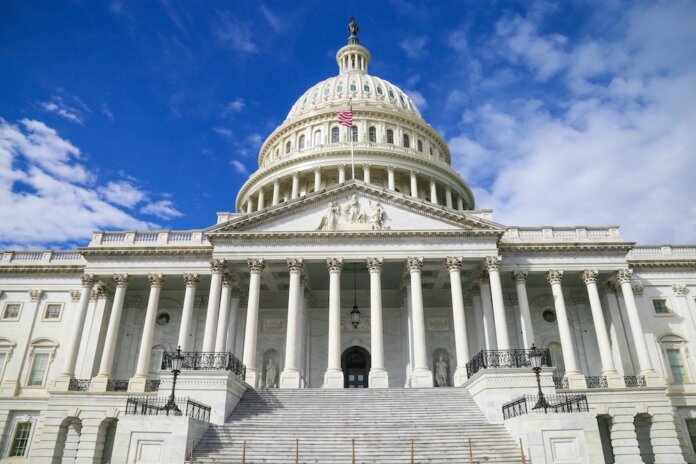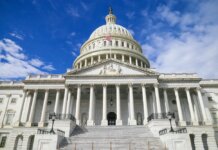A provision in the Trump Administration’s One Big Beautiful Bill is raising concern among a wide range of U.S. business leaders, including professionals in the commercial real estate finance industry.
The provision, known as Section 899, would have a chilling effect on cross border flows into commercial real estate and adds costs to lenders who fund U.S. borrowers.
To learn more about this provision and its implications for real estate market participants, MortgageOrb spoke with CRE Finance Council managing director and head of legislative affairs, David McCarthy.
Q: What is Section 899 and why is the CRE Finance Council concerned about it?
McCarthy: The One Big Beautiful Bill contains a tax provision known as “Section 899” that would impose retaliatory income taxes on foreign companies and investment in the U.S. The U.S. Treasury could impose annual income tax increases of 5% on any foreign individual, government, corporation, trust, foundation, and other similar entities in response to unfair tax treatment by a foreign country against U.S. companies.
This provision could add cost and uncertainty to cross-border investment in real estate. CREFC is concerned on the potential impact to foreign investment in U.S. real estate, both on a debt and equity basis.
Q: How does Section 899 work if it is implemented?
McCarthy: While the House and Senate bills are slightly different, the policy goal is to discourage or change tax law in foreign countries that implement global minimum taxes or extraterritorial taxes on income outside of their borders. The bill sets up criteria for the Treasury Secretary to identify countries with extraterritorial taxes, discriminatory taxes, and unfair taxes. Some taxes specifically identified, such as the Undertaxed Profits Rule (UTPR) and the Digital Services Tax, already exist in Canada, Europe, Japan, and the U.K.
The tax rate on foreign companies connected to those countries would increase annually to a maximum of 15% or 20% (the Senate and House versions are different) above the statutory rate until the offending jurisdiction removes the unfair tax. The Senate bill would start the new taxes in 2027, at the earliest, but the ability of the Treasury Secretary to regulate and designate these unfair taxes means there could always be a level of uncertainty for foreign investors and companies on their U.S. tax rates.
The bill recognizes a concept known as the “portfolio interest exemption” which should preserve the tax treatment for foreign investors in debt securities, including CMBS, even if the retaliatory taxes would otherwise apply.
Q: Just how will it impact the real estate industry and other U.S. businesses?
McCarthy: Foreign lenders making loans on U.S. CRE and multifamily properties could be subject to these increased taxes on their income, and foreign investors in debt funds may also have higher tax bills on their U.S. income. Even U.S. borrowers could get hit with the taxes directly, as many loan agreements with foreign banks have gross-up provisions that require the borrower to pay any increased tax imposed because of changes in the international tax regime.
In both cases, the fallout could materialize as less capital available for real estate, and there are already signs of a chilling effect on deals in progress and international fundraising.
While foreign capital sources do not dominate real estate, they are a critical piece of the capital ecosystem. Just looking at Federal Reserve data on U.S. branches of foreign banks’ CRE, multifamily, and construction loans shows about $260 billion in balance sheet exposure at the end of 2024. This does not account for other types of debt financing or investments in the property capital structure.
Q: Are other real estate industry groups involved with raising concerns to U.S. lawmakers?
McCarthy: CREFC and ten other real estate trade organizations sent a joint letter last week to Senate GOP leadership raising concerns with the issue. The groups broadly appreciate lawmakers’ priorities in ensuring global tax fairness for U.S. companies but warned of potential unintended consequences to U.S. real estate. Other financial and business groups are urging changes to Section 899, with the goal of ensuring there is no disruption to inbound investment.














